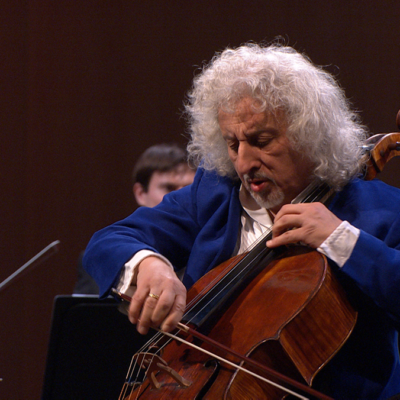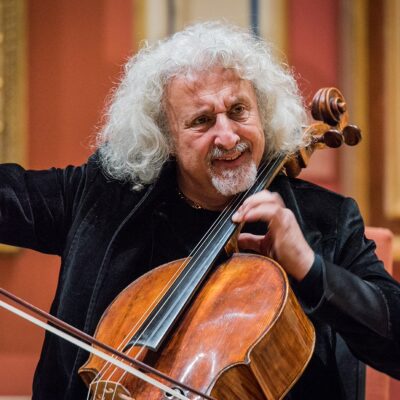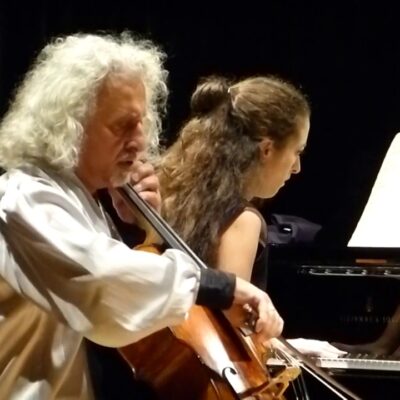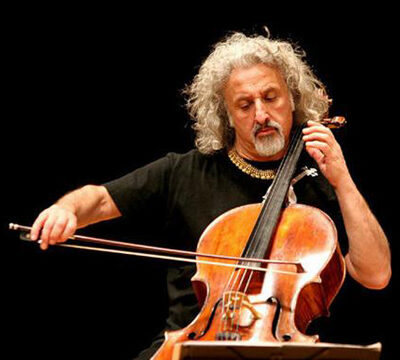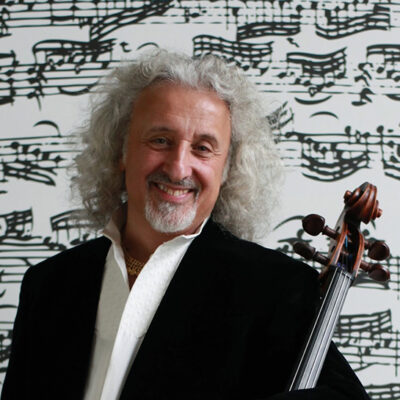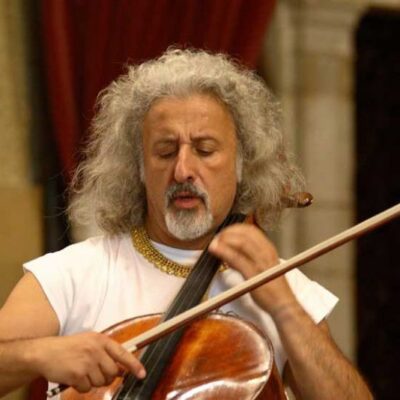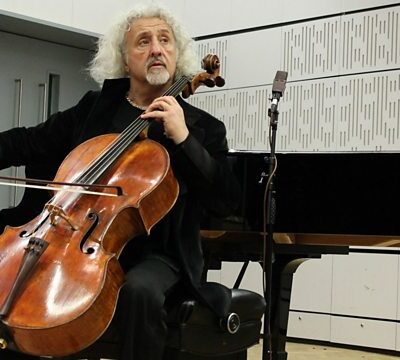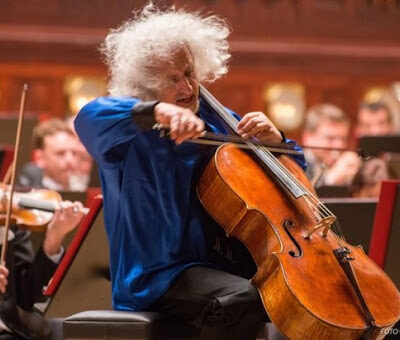MISCHA MAISKY
Mischa Maisky began taking cello lessons at the age of nine, first at the Municipal Music School and then at the Riga Conservatory. His brothers already played piano and violin, so the choice of cello was a natural decision. In 1962, at the age of 14, he transferred to the Leningrad Conservatory. A year later he was admitted to the Moscow Conservatory, in the class of Mstislav Rostropovich. In 1966 he achieved sixth place in the International Tchaikovsky Competition in Moscow.
In 1970 he was sentenced to spend two years in a labor camp near Gorky, perhaps because his sister had gone into exile in Israel the previous year. A doctor friend transferred him to a psychiatric clinic, since this was the only chance to escape his arrest. After his release, she emigrated to Israel and later transferred his residence to Belgium.
In 1973 he won the Gaspar Cassadó International Cello Competition in Florence. In the same year he made his Carnegie Hall debut with the Pittsburgh Symphony Orchestra under the direction of William Steinberg. After the concert, an anonymous admirer gave him a 1720 Montagnana cello. Through Rostropovich he studied with Gregor Piatigorsky in Los Angeles. For four months he played and talked almost every day with him, while with Rostropovich this was only possible when he was not on tour. He is therefore the only cellist who has received classes from Rostropovich and Piatigorsky. Regarding the eight years of study divided between his two great teachers, Maiski says: “Both are unique figures in the world of music. They are unrepeatable and different from the others, but very similar to each other. One of the fundamental things I learned both Rostropóvitch and Piatigorski was that I had to concentrate on my instrument as such. That is, as something that is nothing more than a vehicle to reach the absolute, which is music”.







